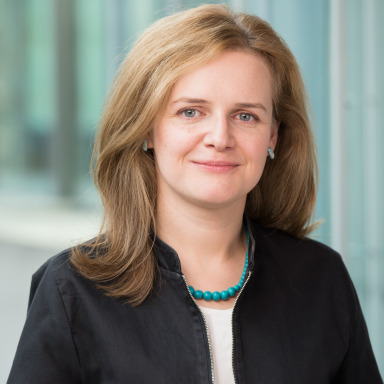Headline:
Co-Creation and Contemporary Policy Advice
The research project "Co-Creation and Contemporary Policy Advice" focuses on co-creative processes linking actors across the policymaking, civil society, science, and private sectors. The project seeks to learn more about existing co-creation practices and will consider whether and how these practices could be applied in the fields of policy advice and policymaking. This research addresses besides the scientific community two other target groups:
- Process designers and facilitators who are responsible for the design and implementation of collaborative processes;
- Initiators of collaborative processes, policymakers, and decision-makers who are interested in integrating co-creative approaches within the modus operandi of their institutions.
The intention is to develop and test a contemporary approach to the elaboration of science-based policy advice for and together with these target groups. In order to achieve this, the project is based on three main pillars:
- ANALYSIS: Development and implementation of a research design that will allow the team to investigate co-creation practices and identify relevant dimensions of analysis.
- REFLECTION: Progressive establishment of a community of practice with members of the two target groups. This community will assist the research team by identifying the main challenges in the policymaking field and currently existing co-creation practices, sharing their practical and theoretical experience in the field, offering feedback, and establishing reflection loops with the research team.
- DESIGN: Development and testing of prototypes of co-creation approaches for policymaking and advice with the active support of the community of practice, who will provide access to the field and contribute to the design and facilitation of these processes. This research will build on the findings of the Analysis and Reflection pillars.

